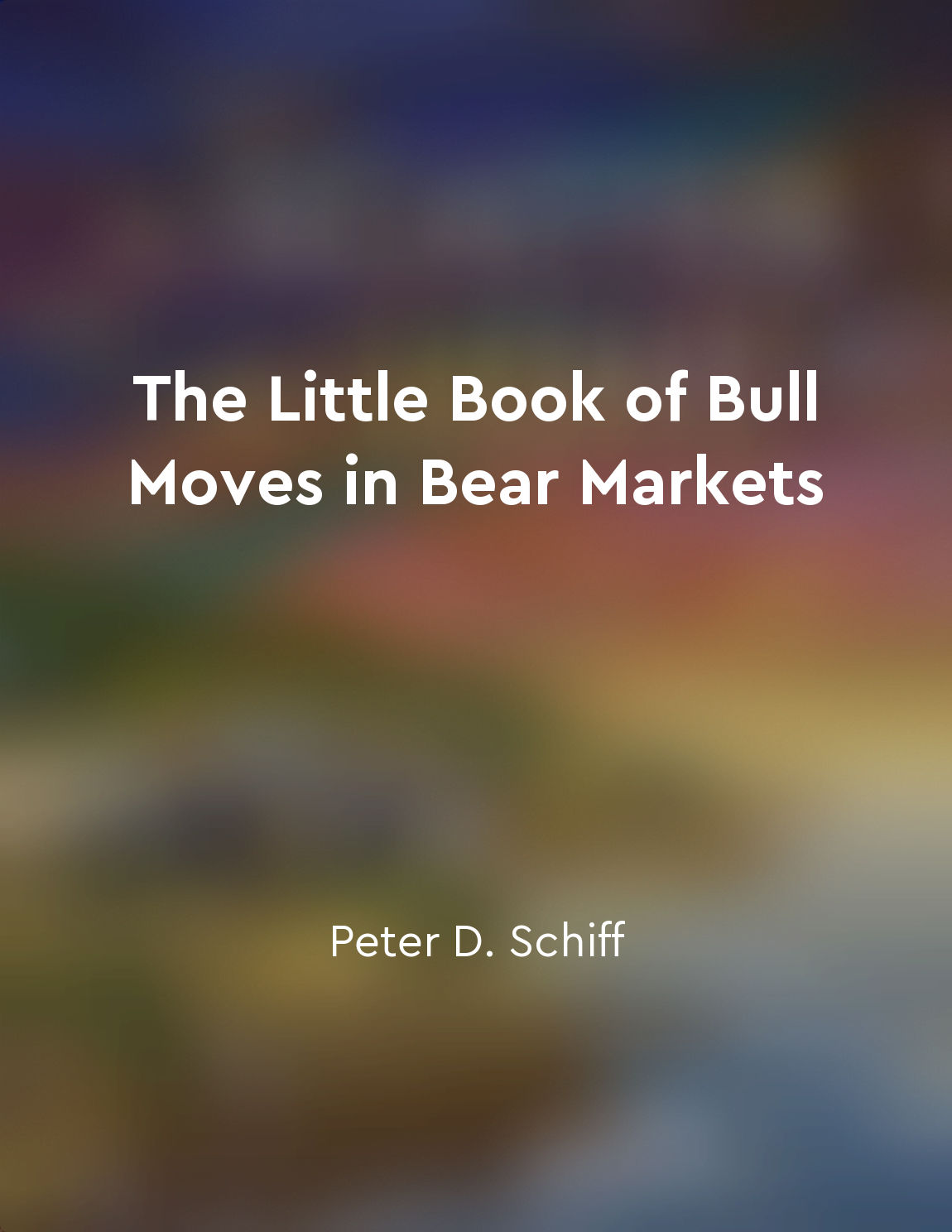Monetary policy affects the money supply and interest rates from "summary" of Basic Economics by Thomas Sowell
Monetary policy plays a crucial role in shaping the money supply and interest rates within an economy. By adjusting the money supply, central banks can influence the overall level of economic activity. When central banks increase the money supply, they inject more funds into the economy, which can lead to lower interest rates. Conversely, when central banks decrease the money supply, they can raise interest rates. Interest rates are a crucial factor in determining the cost of borrowing money. Lower interest rates can stimulate consumer spending and business investment, as borrowing becomes more affordable. This, in turn, can boost economic growth. On the other hand, higher interest rates can discourage borrowing and spending, which may help to control inflation by reducing aggregate demand. The relationship between the money supply and interest rates is a key component of monetary policy. Central banks use tools such as open market operations, reserve requirements, and discount rates to control the money supply and influence interest rates. By adjusting these tools, central banks can effectively manage inflation, unemployment, and overall economic stability. Inflation is another critical consideration when it comes to monetary policy. By controlling the money supply, central banks can help to manage inflationary pressures within an economy. If the money supply grows too quickly, it can lead to inflation as the purchasing power of money decreases. By keeping a close eye on the money supply, central banks can work to maintain price stability and promote sustainable economic growth.- Monetary policy is a powerful tool that central banks use to regulate the money supply and interest rates within an economy. By carefully managing these factors, central banks can help to promote economic stability, control inflation, and support overall growth and prosperity.
Similar Posts

Rent control leads to housing shortages
Rent control is a well-intentioned policy aimed at helping low-income individuals afford housing. However, the unintended conse...
Speculators can impact currency fluctuations
Speculators play a significant role in the foreign exchange market as they buy and sell currencies with the expectation of maki...
Utilize leverage cautiously to amplify profits
Leverage is a powerful tool in the world of forex trading. It allows traders to control a large position with a relatively smal...
The financial industry profits from the herd mentality of investors
The financial industry is famously adept at profiting from the herd mentality of investors. When a particular investment become...
Output gap indicates economic health
The output gap is a crucial concept in understanding the state of an economy. It represents the difference between the actual l...
Equity markets reflect underlying business cycle trends
Equity markets are not independent of the economy; they are closely tied to the underlying business cycle trends. When the econ...

International cash management involves balancing liquidity and profitability
International cash management is a critical aspect of managing a multinational corporation's financial resources. It involves f...

Speculation can lead to market bubbles
When investors start speculating, they are essentially making bets on the future. They are not investing based on the actual va...
Exchange rates impact international trade and investment
Exchange rates play a crucial role in determining the competitiveness of a country's goods and services in the global market. W...

Business strategies adapt to changing macroeconomic conditions
In the dynamic landscape of the business world, firms must be acutely aware of the ever-changing macroeconomic conditions that ...

